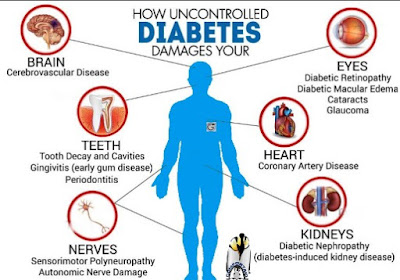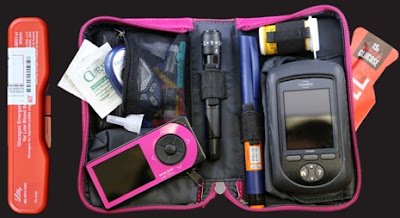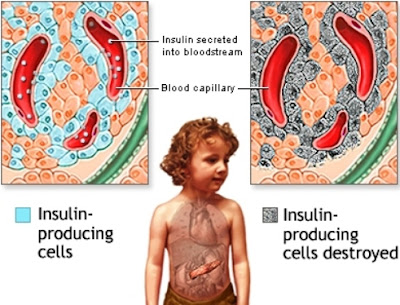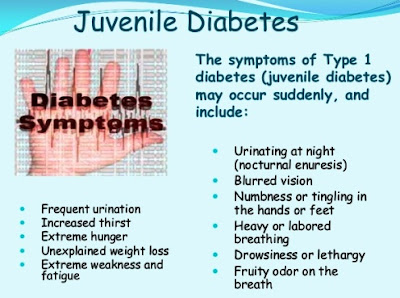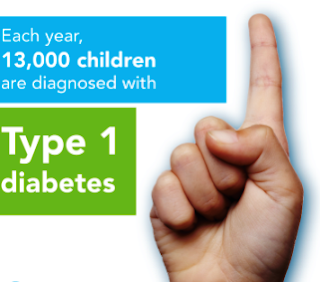All people that have been diagnosed with diabetes need to have their eyes checked on a regular basis. It is common to have eye problems that are known as diabetic retinopathy.
This is when the blood vessels in the eyes are damaged because of raised continually raised blood sugars.
Another complication is diabetic nephropathy. This is a problem that develops in the kidneys taking the form of degeneration or a complete shut-down. This is a very serious disease and should be kept in mind as an important reason to keep blood glucose levels under control at all times. If diabetic nephropathy does develop, it will usually occur later in adulthood but will require either dialysis or a transplant.
Some more long-term effects children with diabetes are exposed to are heart disease, strokes, and hypoglycemia. But the severity of the complications and the likelihood of them occurring are dependant on how well the diabetes is controlled.
Research continues everyday on ways to better treat and manage diabetes in children. As soon as your children are old enough to understand the disease, involve them in the management of keeping it under control. They need to learn what is needed of them when they become independent to live with diabetes and lessening the chances of suffering from severe complications.
There have been big strides in the treatment of diabetes which has made it possible to delay our put off altogether some of the more troublesome problems. If you suspect that any of the above mentioned diseases are developing, consult with your doctor right away.
Early detection is beneficial.
Published by the managers of green coffee beans reviews and vivienne balonwu medical. For more information on useful health support supplements, visit our other websites.
